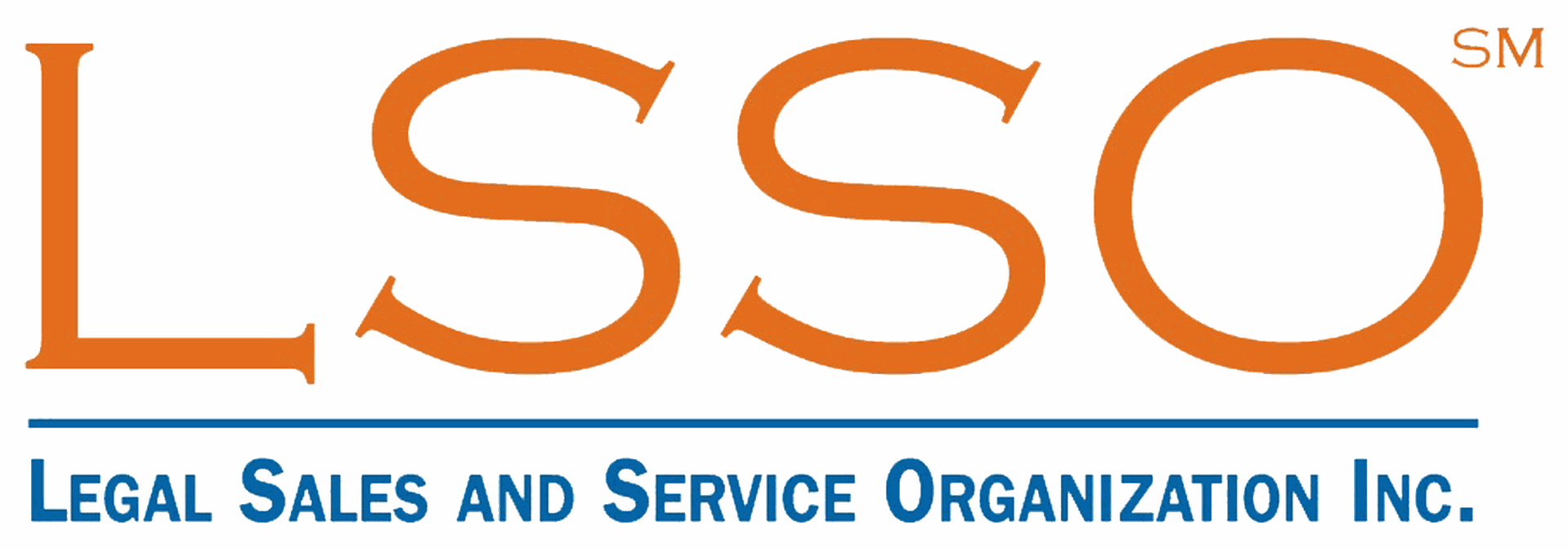Ahead of his keynote presentation at this year’s RainDance Conference, Bob Wiesner, Managing Director - The Americas for The Artemis Partnership and author of "Winning is Better," a copy of which is included with each 2023 RainDance registration, spoke with LSSO’s Editorial Board Co-Chair Jill Zwetchkenbaum, Associate Business Development Manager for Mintz.
Bob's keynote will focus on the importance of extending corporate relationships beyond the general counsel (GC), why conversations with the broader C-Suite matter now more than ever, why management consultancies have a strong advantage, and what your law firm can do to win trust, fend off the competition, and turn C-level conversations into opportunities for revenue growth.

Jill: Why is your topic – C-Suite Conversations: Beyond the GC – such an important one for the legal industry?
Bob:Today, there's more funding available for companies to hire outside law firms to advise on issues they may not be capable of handling in-house. So, there’s money to spend. And then mix that with the fact that the competition for legal services has never been fiercer. Advisory and accounting firms – from the ‘big four’ to the second and third tiers – continue to bulk up their capabilities to compete with law firms in several areas of client service, which only throws more chum in the water. These accounting and advisory firms have the ability to provide services that law firms would traditionally handle, including due diligence, aspects of transactions, contract and document drafting, and litigation and investigation support. Now more than ever law firms have to be especially sensitive to the importance of defending their current client base and leveraging today’s environment to retain, grow, and acquire business.
Jill:Does the idea of ‘more money to spend’ and ‘more competition than ever before’ impact all law firms, no matter the size? What about industries? Practice areas?
Bob: The business environment today presents a unique opportunity for firms of all sizes, industries, and practice areas. As markets get more and more competitive like they are today, in order to survive, firms must pivot or cast their business opportunity nets wider. Large law and advisory firms, who traditionally would only go for the ‘biggest fish,’ are now starting to target opportunities at a lower threshold than they would have before. Large firms may now consider clients or prospects who bring in, or could bring in, $500,000 or even $100,000 as equal priorities to the million-dollar clients or prospects. This muddies the water even further, as small to mid-size firms will start learning that big firms are suddenly interested in their client’s business.
So, while small and mid-size firms now must protect their clients more fiercely from the bigger firms pushing down into their competitive space, they also have an opportunity to push their way up into the larger spaces, if they are willing to make some adjustments in how – and where – they promote their value and how they communicate that value to a different group of decision makers.
Also, the GC and C-Suite are starting to care less about the brand name of their legal advisors, and more about who can help them solve the problem at hand.
Jill: In your book “Winning Is Better” you talk a lot about relationships and that the key to winning pursuits is to cultivate strong relationships with decision-makers. What do strong relationships look like and how do they appear in practice in the legal industry and beyond?
Bob: The first thing to do is to decide if you want to build these relationships or not. I’ve advised senior partners across small, mid, and large professional service firms, and many of these partners have historically shown a reticence to talk to people like their client’s CEOs and CFOs, because, they say, “I don't know their business. I'm not an expert in what they do.”
Lawyers, in this case, must overcome that sentiment. While they may have expertise in their area of law, it must not limit them from initiating a business conversation with someone else in the C-Suite. In fact, it’s a critical access point today, to be able to share how a law or regulation impacts multiple areas of a business, and how to comply with the law or regulation to reduce risk. I assure you the C-Suite would love to hear their lawyers initiate a conversation like that, and they would be grateful for any help expanding their understanding of the challenges they face. Lawyers must be willing to drift out of their comfort zones and bring some perspective that can relate to the law but extends a bit beyond the law – such as practical business advice, given the law or regulation at hand – to start building these relationships with leaders other than the GC.
In fact, if lawyers aren’t having these conversations with their clients, I can promise you that your competition is. For example, while non-lawyers – other professional service firms with whom clients work – can’t necessarily provide legal advice in the technical sense, they can – and do – identify key business issues for clients at a much lower cost…perhaps even over a beer…without the lawyer even involved, and therefore the law firm clock doesn’t even turn on to bill. More of this is continuing to happen, and I think everyone is feeling that right now.
Jill: Would you share a few examples of the types of conversations we should be engaging in with the C-Suite?
Bob:I will talk in more detail about this at RainDance, but it’s incredibly important to be mindful of the questions you ask. They need to be unique and thoughtful. For example, they can’t be “What keeps you up at night?” or “What are your priorities?” Those are too general and, if you did your research, you’d already know the answers to both. Instead, add value by focusing the conversation on the lawyer’s unique observations given their experiences. Share what they’ve been seeing in the industry, how new developments in the law or in the business have impacted similar clients. Remember, we’re not necessarily expecting the lawyer to know the answer to the questions they are asking. Rather, it’s an honest inquiry into matters of interest, such as “Is XYZ important to you?” or “How has XYZ specifically impacted your organization?”
What really matters, of course, is what you do with the answer. But you can’t get to that second step until you start engaging in conversations.
Jill: How have you seen the C-Suite evolve over the last decade?
Bob:The C-Suite has always faced issues that required their lawyers to advise. But today, it’s more of a gray area. The issues the C-Suite faces are much more rooted in core business decisions that often have a legal aspect. The C-Suite is no longer as siloed as it once was, nor should it be. Successful companies HR, IT, Finance, and other business departments must involve the office of the GC in business decisions. In general, the C-Suite today has more influence over their GC’s business and law firm hiring decisions.
And, by the same token, it should be going in both directions. GCs should be involving the C-Suite in everything they are doing as well. There is no benefit to being territorial and having your department be a mystery to everyone else.
This concept also applies to client teams within law firms. So, let's recognize – and even embrace – the idea that even though you may be a real estate lawyer for ABC Company, you still have the right to inquire about matters involving the holistic success of that client, not just whether or not they should be subletting or selling a certain property.
Jill: What do you hope RainDance attendees will take away from your keynote?
Bob: Business professionals in the industry must recognize the importance of extending corporate relationships beyond the C-Suite and how – by not engaging – you are leaving money on the table.
I will be sharing specifics during the keynote, but, above all else, I want attendees to be willing to take action. Rather than going back to your desks and writing up revised business plans, I’d like attendees to feel like they have enough tools in their tool belts to immediately engage with the lawyers on these issues. It’s truly a win-win. That said, these won’t be easy conversations. You have to have a bit of courage to encourage many of the lawyers to take these steps. It may be easier for some, but not others, and I think that business development and marketing professionals can make it easier for them by providing prompts, materials, and information.
At the end of the day – and all Raindance attendees likely have heard this before – if you're not continually taking steps to advance client relationships, you’re putting that very relationship at risk. My main concern now is that it may be even more at risk than it was years ago, because of the increase in non-law firms getting involved in matters that are not legal matters per se, but opportunities that may have been viewed years ago as in the exclusive purview of the law. No longer is this the case and we need to pay attention to that.
Hear from Bob about the takeaways you can expect in his keynote!
Register for RainDance TODAY > www.legalsales.org/2023RainDance!

